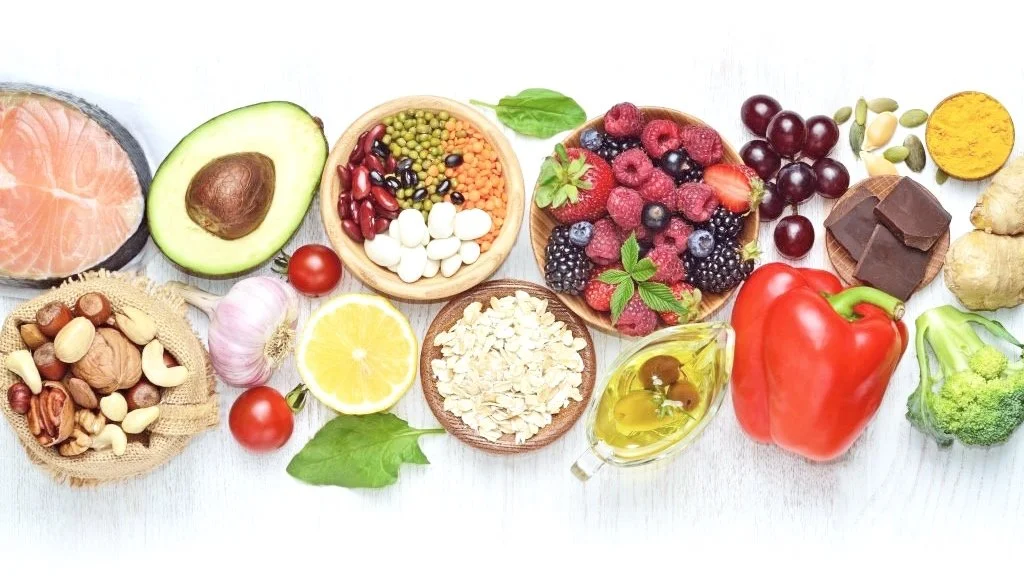How Nutrition Can Support Healing Post-Operatively
Undergoing surgery is an event that requires not only medical attention but also a recovery strategy. One of the most impactful yet often overlooked aspects of post-operative care is nutrition. The right diet can play a crucial role in enhancing your healing process, reducing complications, and speeding up recovery. Let’s dive into how proper nutrition supports healing after surgery and explore the key dietary components that can make a difference.
The Role of Nutrition in Post-Operative Healing
Boosts Immune Function: A well-balanced diet supports your immune system, which is essential for fighting off infections and facilitating healing. Nutrients such as vitamins A, C, and E, as well as zinc and selenium, play crucial roles in maintaining a strong immune response.
Promotes Tissue Repair: Proteins are the building blocks of your body’s tissues. After surgery, your body requires extra protein to repair and rebuild tissues. Consuming adequate protein helps ensure that your body has the necessary resources for wound healing and recovery.
Reduces Inflammation: Certain foods have anti-inflammatory properties that can help minimize swelling and pain post-surgery. Incorporating foods rich in omega-3 fatty acids and antioxidants can aid in managing inflammation and support a smoother recovery.
Supports Energy Levels: Surgery can be physically draining, and your body needs energy to recover. A diet rich in complex carbohydrates provides a steady source of energy, helping you stay active and participate in necessary rehabilitation activities.
Prevents Constipation: Medications and reduced physical activity post-surgery can lead to constipation. A diet high in fiber from fruits, vegetables, and whole grains can help maintain regular bowel movements and prevent discomfort.
Key Nutrients for Post-Operative Recovery
Protein: Essential for tissue repair and immune function. Sources include lean meats, poultry, fish, eggs, dairy products, legumes, and nuts. Aim for a balanced intake to support your body’s increased needs.
Vitamin C: Promotes collagen production, which is vital for wound healing. Incorporate citrus fruits, strawberries, bell peppers, and leafy greens into your diet to boost vitamin C levels.
Vitamin A: Supports immune function and skin health. Found in foods like sweet potatoes, carrots, and dark leafy greens, vitamin A can help enhance your body’s healing process.
Zinc: Crucial for cell growth and repair. Foods rich in zinc include meat, shellfish, dairy products, and legumes. Adequate zinc intake can help your body recover more efficiently.
Omega-3 Fatty Acids: Have anti-inflammatory properties that can reduce swelling and pain. Include fatty fish like salmon, walnuts, and flaxseeds in your diet to reap these benefits.
Fiber: Aids in digestive health and prevents constipation. High-fiber foods such as whole grains, fruits, vegetables, and legumes are essential for maintaining regular bowel movements.
Fluids: Staying hydrated is crucial for overall health and recovery. Drink plenty of water and include hydrating foods like cucumbers, watermelon, and soups in your diet.
Plan for Success!
Grocery shop ahead of time
Pre wash fruits & vegetables
Make simple cook ahead meals
Make sure you buy nutritious foods you like, you are more likely to eat them. This is not the time to experiment!
Keep it simple & delicious
Practical Tips for Implementing a Post-Operative Diet
Plan Balanced Meals: Focus on creating meals that incorporate a variety of nutrients. Aim for a mix of proteins, healthy fats, and complex carbohydrates with plenty of fruits and vegetables.
Eat Small, Frequent Meals: If your appetite is reduced, try eating smaller meals more frequently throughout the day to ensure you’re getting enough nutrients and calories.
Monitor Your Weight: Keep an eye on your weight to ensure you’re not losing or gaining excessively, which can indicate issues with your recovery or nutrition.
Consult a Dietitian: If you have specific dietary needs or restrictions, consulting a registered dietitian can provide personalized guidance to ensure your diet supports your recovery.
Avoid Processed Foods: Minimize intake of processed and sugary foods, as they can promote inflammation and offer little nutritional benefit.
Listen to Your Body: Pay attention to how different foods make you feel. Opt for nutrient-dense options that provide energy and support your overall well-being.
Conclusion
Nutrition is a cornerstone of post-operative care that significantly impacts your recovery. By focusing on a balanced diet rich in proteins, vitamins, minerals, and other essential nutrients, you can enhance your body’s ability to heal, manage pain and inflammation, and regain your strength. As always, consult with your healthcare provider or a nutrition expert to tailor your dietary choices to your specific needs and ensure they complement your overall recovery plan. Remember, good nutrition is not just about healing; it’s about empowering your body to return to its best self.



